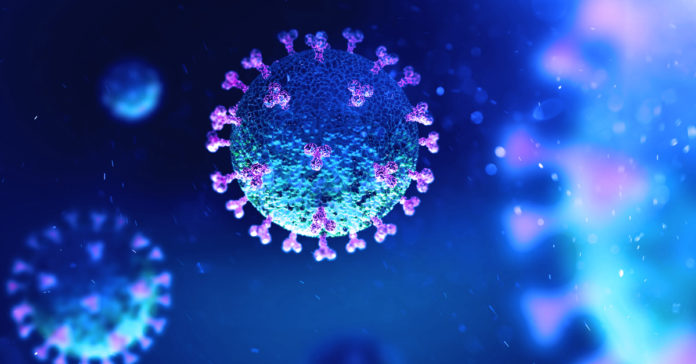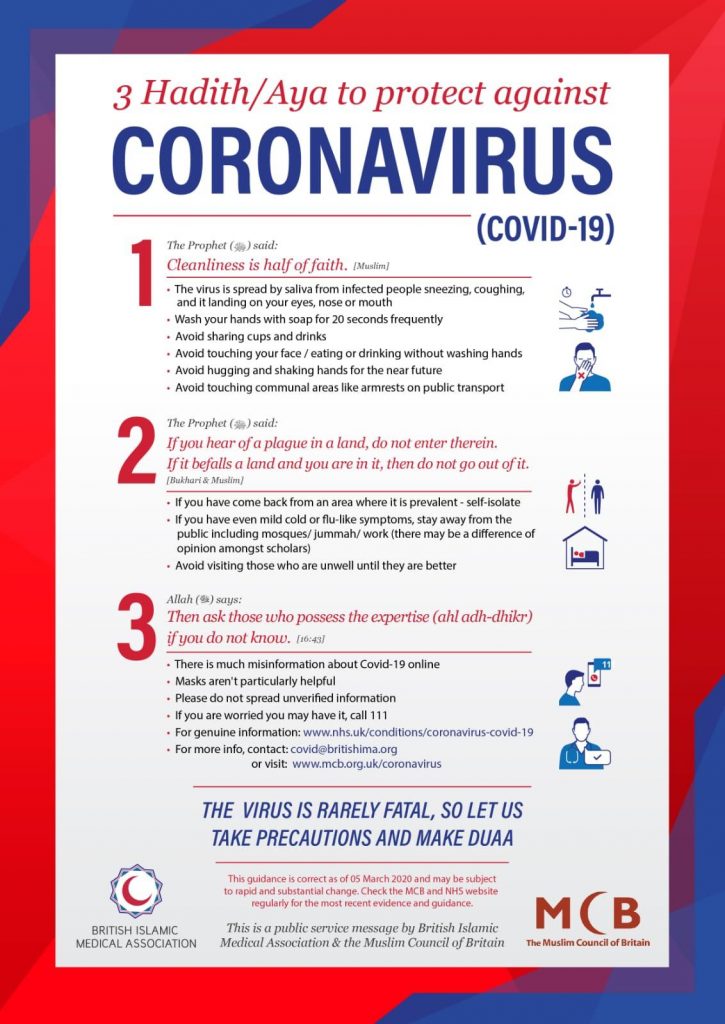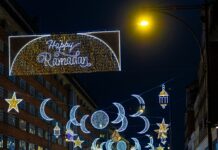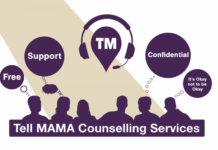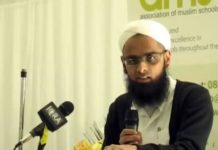A Muslim man in his 60s has died in Manchester of coronavirus.
The man – a British national originally from Bangladesh – passed away suddenly at North Manchester General Hospital on Sunday after falling ill, his grieving son said.
He returned home to Greater Manchester from a trip to northern Italy at the end of February but was still healthy at that time. But his son told the BBC that “after three days, everything changed.”
Speaking to BBC Bangla the man said his father had arthritis and heart disease, alongside high cholesterol and a “variety of illnesses.”
The family live near Manchester and moved to Britain around five years ago from northern Italy. The rest of the family were then told to self-isolate, the man’s son said.
He told BBC Bangla: “Obviously I could not believe it because two months ago this thing didn’t even exist and today it took away my father. It took me quite a long time to process the whole thing, that I’m not going to be able to see him any more. When you receive such a news, it takes a long time for you to understand it.
“There is nothing we can do, we cannot go anywhere, even when we get news of my father’s death, because we are all kept in isolation. Every day we get a text from Public Health England. They want to know if we are all right. There are no signs of coronavirus infection in us. Every day we have to respond to that text. So far we are all good. There is no sign of coronavirus in any of us.”
Subscribe to our newsletter and stay updated on the latest news and updates from around the Muslim world!
The man was the third person to die in the UK after testing positive for coronavirus. The UK death toll now stands at six.
Confirming the man’s death on Sunday, North Manchester General Hospital said: “We can confirm that sadly a patient being treated for COVID-19 has died at our specialist regional Infectious Diseases unit at North Manchester General Hospital.
“The man in his sixties tested positive after travelling to Italy and had a number of underlying health problems. Our thoughts are with the patient’s family who are being supported by our specialist bereavement staff.”
Following the death The National Muslim Burial Council said while there is a risk of contracting the virus from deceased bodies at the moment there are no restrictions on washing the deceased.
“You will have to ensure that you wear the necessary safety wear as per the public health guidance… What is being recommended is that after the Ghusul and Kafan you need to place the deceased in a sealed body bag,” the organisation said.
NHS England has also issued the following advice to mosques for keeping congregations safe:
- Wudu areas must have sufficient soap, hand sanitiser and paper towels to ensure visitors are able to comply with hygiene advice.
- Carpeted prayer halls must be cleaned more regularly than normal and buildings/rooms must be kept well ventilated at all times
The NHS said it is particularly important for Muslim institutions to advise their community members (congregation members, volunteers, staff etc.) who have travelled back to the UK recently from specific regions of the world as highlighted by the Foreign Office.
At present, the advice is that worshippers should not attend mosques if they have:
- Been to the Hubei province in China, Iran, South Korea or Northern Italy in the last 14 days.
- Have flu-like symptoms (even if mild) and have returned, in the last 14 days, from mainland China, Italy, South Korea, Cambodia, Hong Kong, Japan, Laos, Macau, Malaysia, Myanmar, Singapore, Taiwan, Thailand and Vietnam.
- Have flu-like symptoms and have been within 2 metres of a confirmed case of Covid-19.
In these instances, they should self isolate – that is to stay at home, not go out, and have no contact with the public – and visit NHS111 Online or call 111. Do not attend your GP practice or pharmacy as this places others at risk. For NHS advice on what self-isolation means, click here.
Advice for madrassas / educational settings have also been issued.
In order to prevent the spread of infection, particularly in educational settings, along with following standard hygiene best practice, the UK Government recommends:
- People who feel unwell, and have travelled back from specific regions of the world as highlighted above, should stay at home and should not attend work or any education or childcare setting.
- Pupils, students, staff and visitors should wash their hands:before leaving home on arrival at madrassa, after using the toilet, after breaks and sporting activities, before food preparation, before eating any food, and before leaving madrassa.






